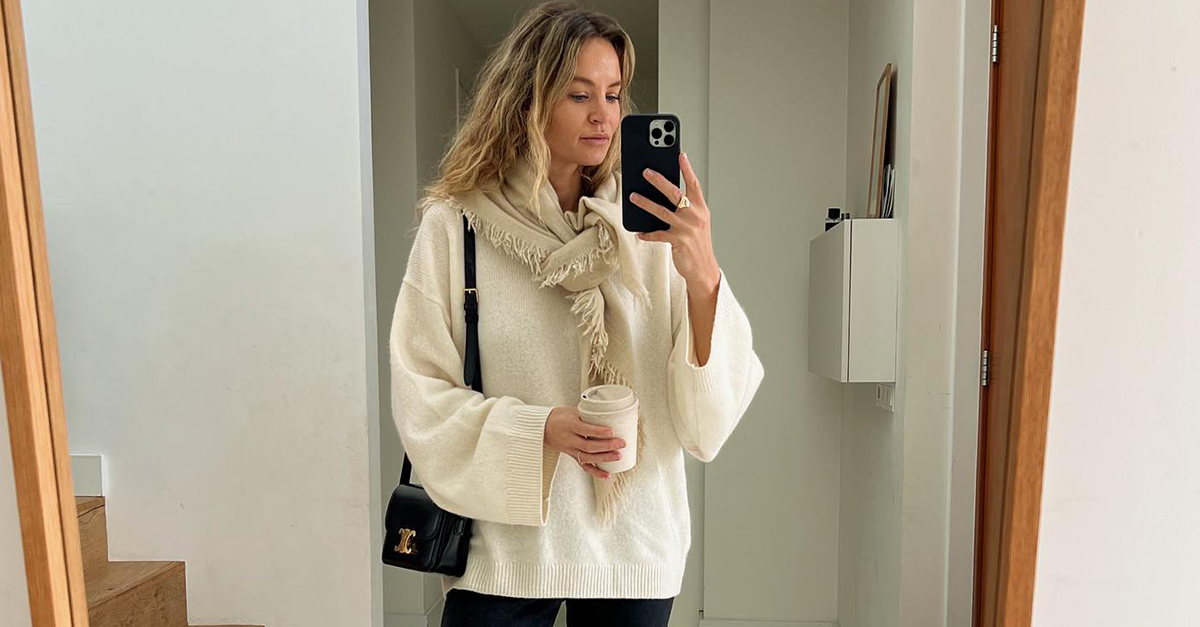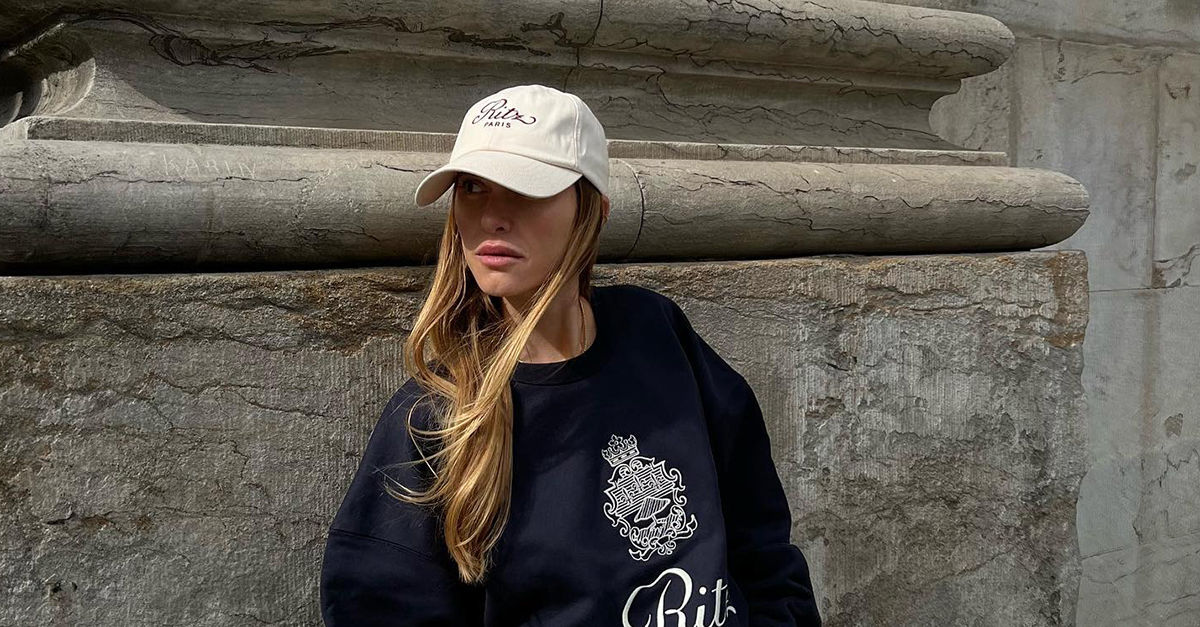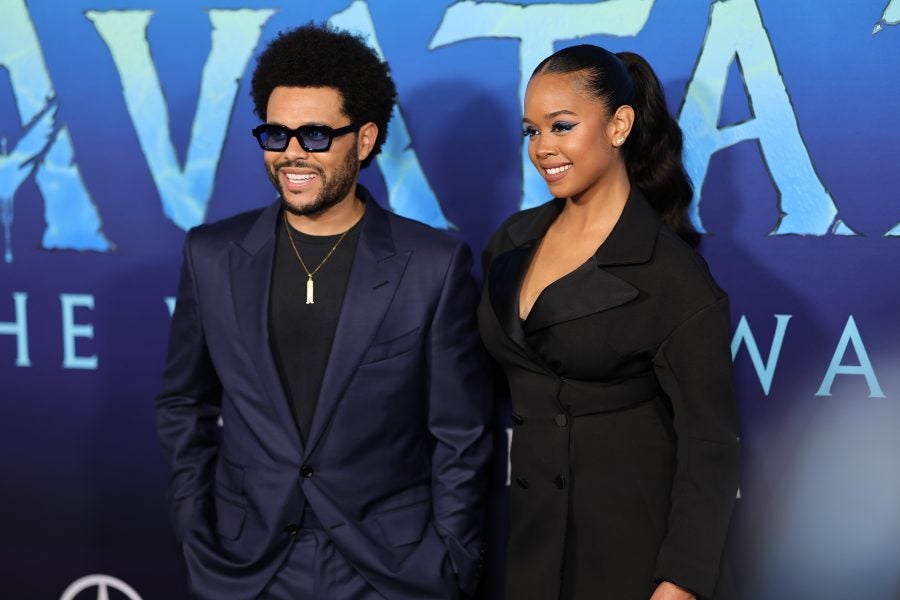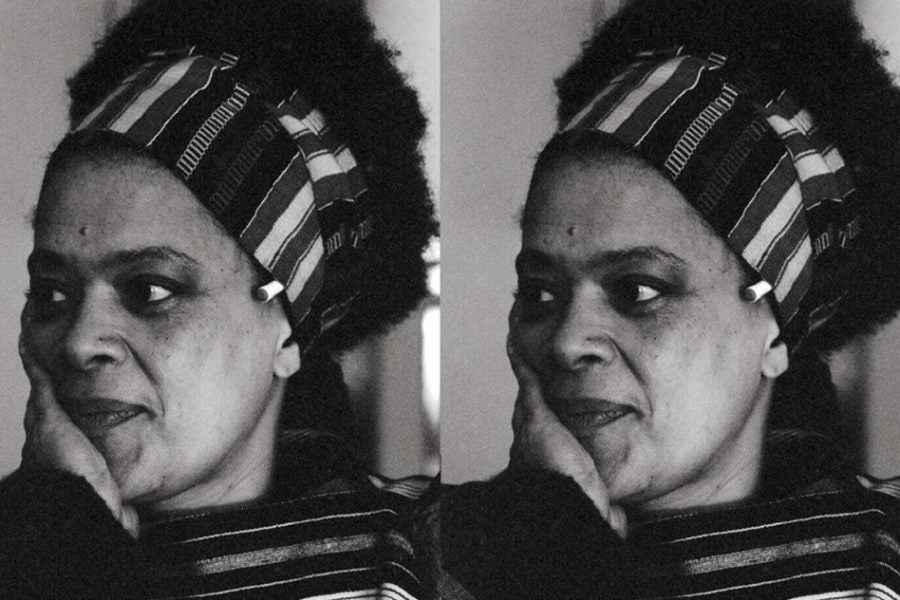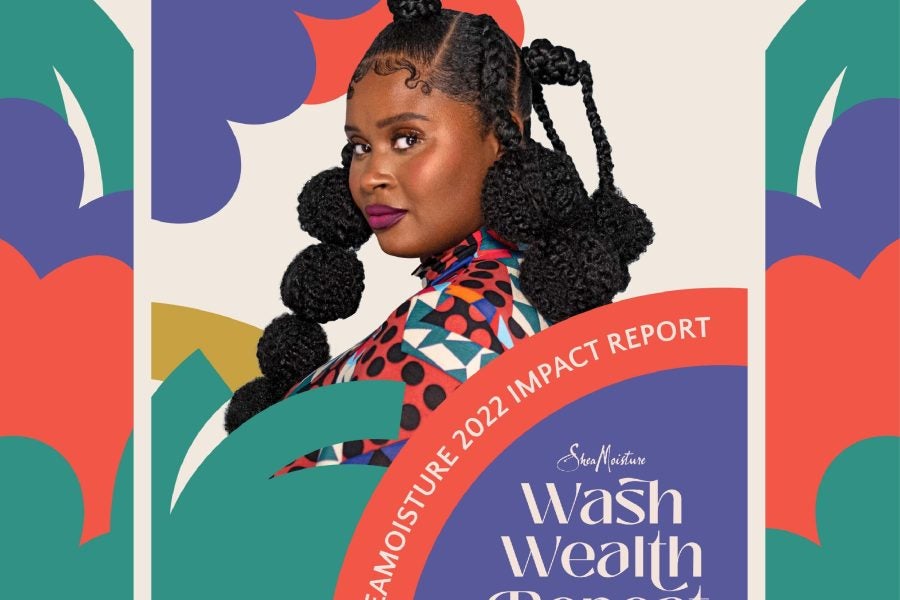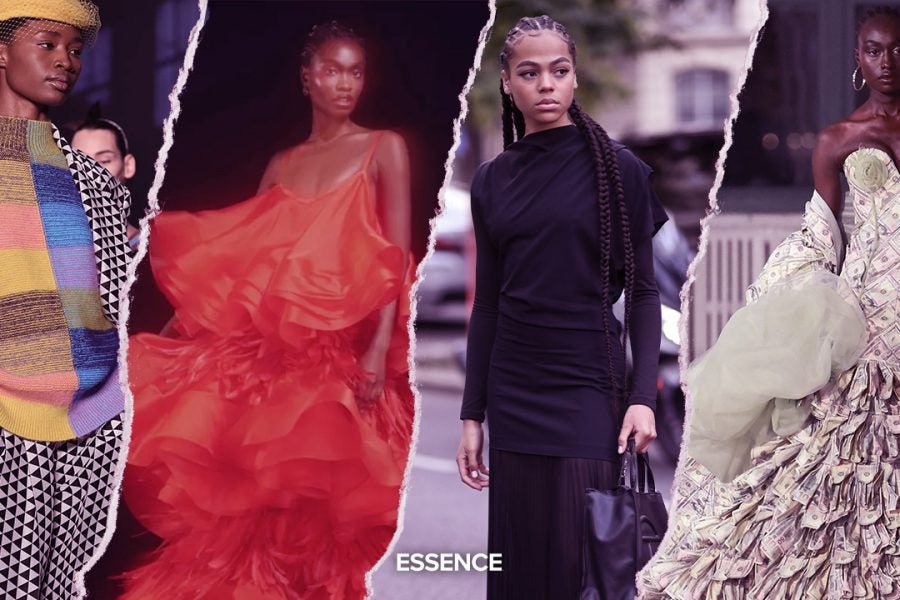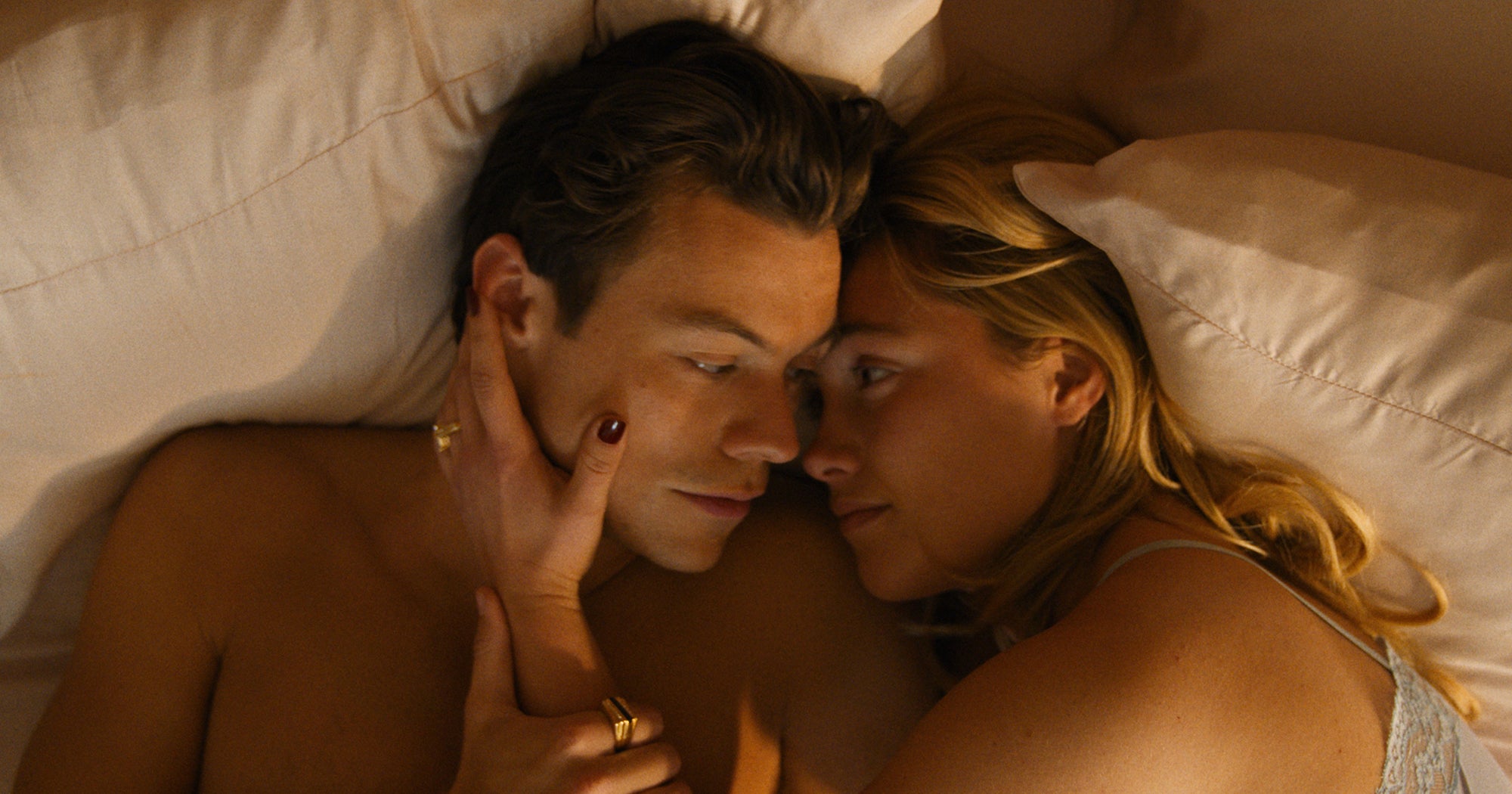
The conversations around Don’t Worry Darling do feel different though, and much of it has to do with good old misogyny. Although Wilde may have overpromised her film’s message about the dangers of toxic masculinity to an almost innumerable degree (TLDR: the movie is just okay), it’s no secret that women have to work twice as hard in order to succeed in the film industry, let alone get films made and sit in the director’s chair. The disdain for Wilde is something a male director would never have to contend with. In fact, numerous studies and research have proven that society doesn’t view successful men and women in the same way. According to Lean In, women in positions of power have to be seen as likable in a way men in the same positions don’t. It’s difficult to picture Black Swan director Darren Aronofsky having to advocate for the messaging behind his film as a means to prove its value, to both studio execs and the audiences coming to see it. In essence, because of sexism, Wilde was forced to build up the messaging within the movie as a way to measure and demonstrate its value. It couldn’t just be a film with a female director helming it, even one with whose debut was the wildly popular Booksmart. Even pleading with LaBeouf to return to the film, perhaps a bid to just get it made, could have been informed by this.

